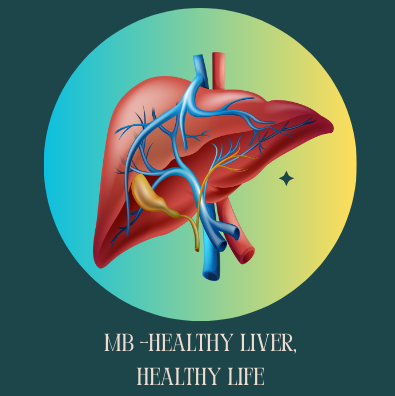WHO Calls for Accelerated Action Against Hepatitis to Address Increasing Liver Cancer Deaths
The World Health Organization (WHO) has issued a compelling call to action for accelerated measures to combat hepatitis, a major contributing factor to the rising number of liver cancer deaths worldwide. This urgent appeal highlights the need for enhanced prevention, diagnosis, and treatment strategies to curb the increasing mortality rates associated with liver cancer.
Understanding Hepatitis and Its Impact
Hepatitis refers to the inflammation of the liver, most commonly caused by viral infections. There are five main types of viral hepatitis: A, B, C, D, and E. Among these, hepatitis B and C are the most significant contributors to liver cancer and chronic liver disease. According to WHO, approximately 325 million people worldwide are living with chronic hepatitis B and C, which together are responsible for 1.34 million deaths annually.
The Link Between Hepatitis and Liver Cancer
Chronic hepatitis B and C infections are major risk factors for the development of liver cancer, also known as hepatocellular carcinoma (HCC). These viral infections cause long-term liver damage, leading to cirrhosis and eventually liver cancer. The increasing incidence of liver cancer is directly linked to the global burden of chronic hepatitis infections, making it imperative to address hepatitis to reduce liver cancer deaths.
WHO’s Call to Action
In response to the escalating crisis, WHO has outlined several key strategies to accelerate the fight against hepatitis and reduce liver cancer mortality:
- Enhanced Vaccination Programs: WHO emphasizes the need for widespread hepatitis B vaccination, particularly targeting infants and high-risk populations. Vaccination is the most effective way to prevent hepatitis B infection and its subsequent complications, including liver cancer.
- Improved Access to Testing and Diagnosis: Early detection of hepatitis infections is crucial for effective treatment and prevention of liver cancer. WHO advocates for increased access to affordable and accurate diagnostic tests to identify individuals with hepatitis B and C.
- Expansion of Treatment Services: Providing antiviral treatment to those infected with hepatitis B and C can significantly reduce the risk of liver cancer. WHO calls for expanded access to these life-saving treatments, particularly in low- and middle-income countries where the burden of hepatitis is highest.
- Public Awareness and Education: Raising awareness about hepatitis, its transmission, and its link to liver cancer is vital for prevention. WHO encourages public health campaigns to educate communities about the importance of vaccination, safe practices, and early testing.
- Strengthening Healthcare Systems: To effectively combat hepatitis and liver cancer, robust healthcare systems are essential. WHO urges governments to invest in healthcare infrastructure, ensuring that resources are available for prevention, diagnosis, and treatment of hepatitis.
The Global Response
Countries around the world are heeding WHO’s call to action and implementing various measures to address the hepatitis crisis. For example, many nations have integrated hepatitis B vaccination into their national immunization programs, significantly reducing new infections. Additionally, efforts to scale up hepatitis C treatment have shown promising results, with several countries on track to eliminate the disease as a public health threat by 2030.
The Path Forward
While progress has been made, there is still much work to be done. The increasing rates of liver cancer deaths underscore the urgency of accelerating efforts to combat hepatitis. By implementing WHO’s recommended strategies, countries can significantly reduce the burden of hepatitis and liver cancer, ultimately saving millions of lives.
Conclusion
WHO’s call for accelerated action against hepatitis is a crucial step in addressing the rising number of liver cancer deaths. Through enhanced vaccination, improved access to testing and treatment, public education, and strengthened healthcare systems, the global community can make significant strides in combating hepatitis and reducing
cancer mortality. It is imperative that governments, healthcare providers, and individuals alike take heed of this call to action and work together to create a world free of hepatitis and its devastating consequences.
 https://analytics.google.com/analytics/web/#/analysis/p405220706
Skip to content
https://analytics.google.com/analytics/web/#/analysis/p405220706
Skip to content 

3 thoughts on “WHO Calls for Accelerated Action Against Hepatitis to Address Increasing Liver Cancer Deaths”